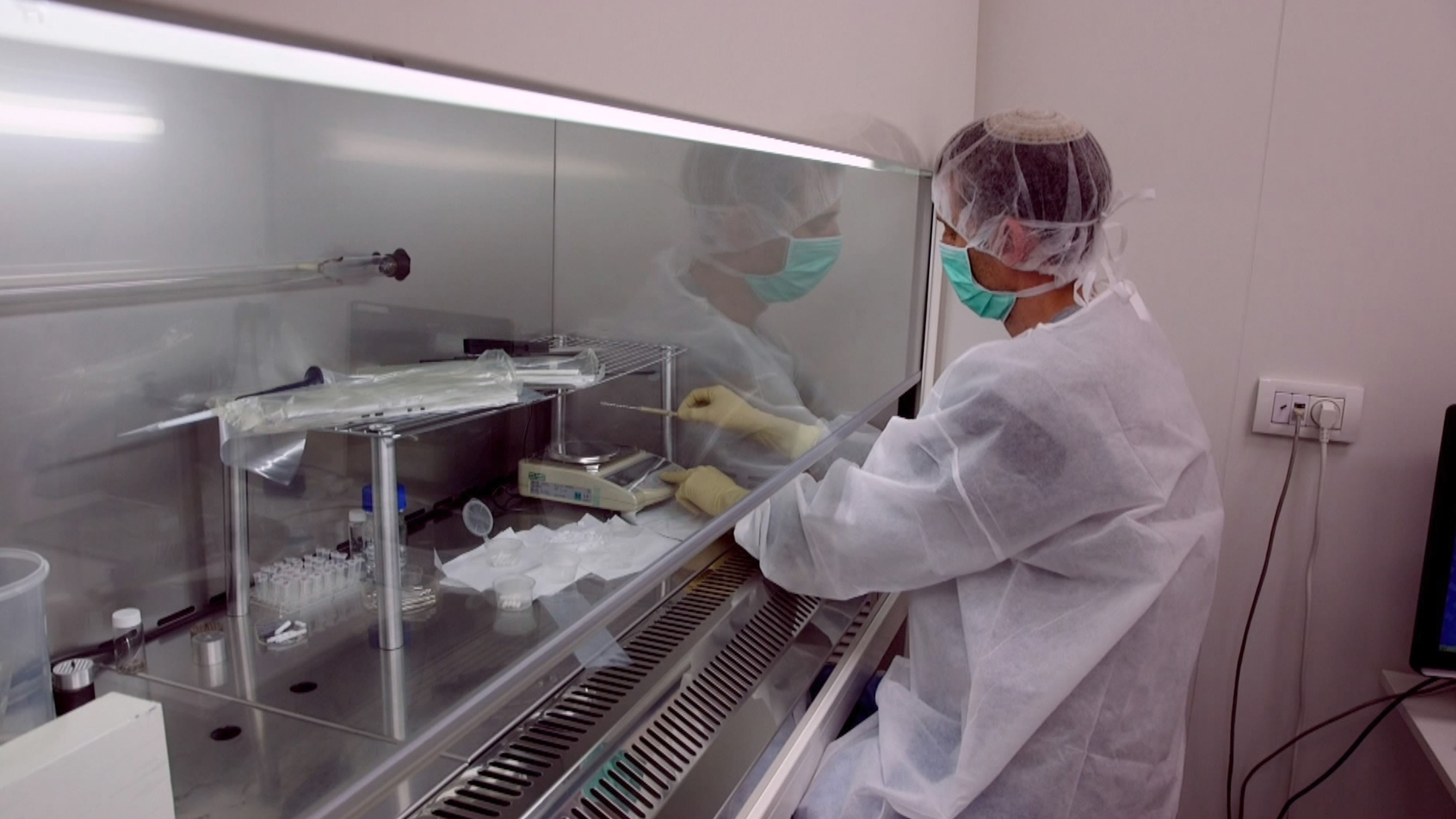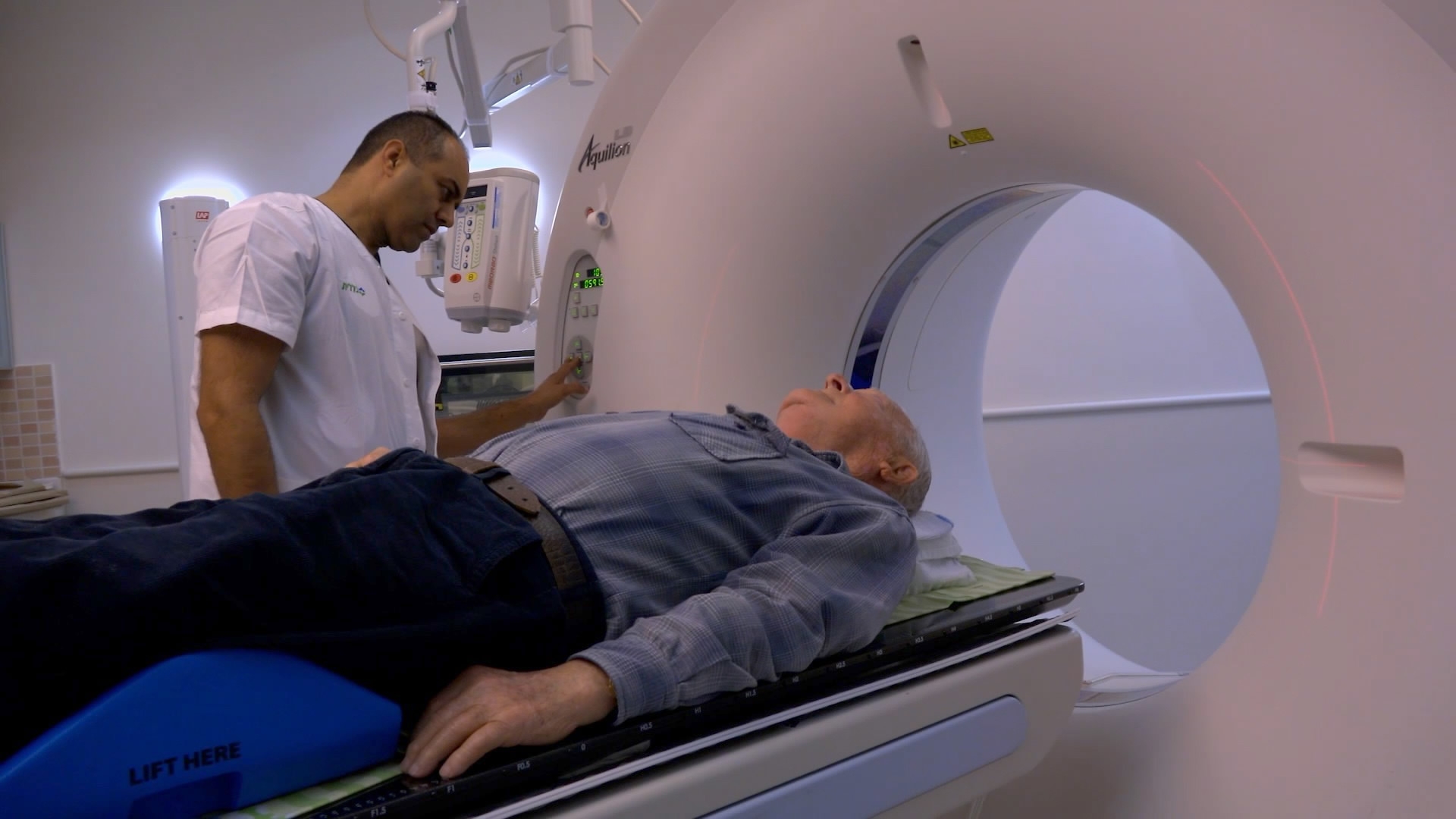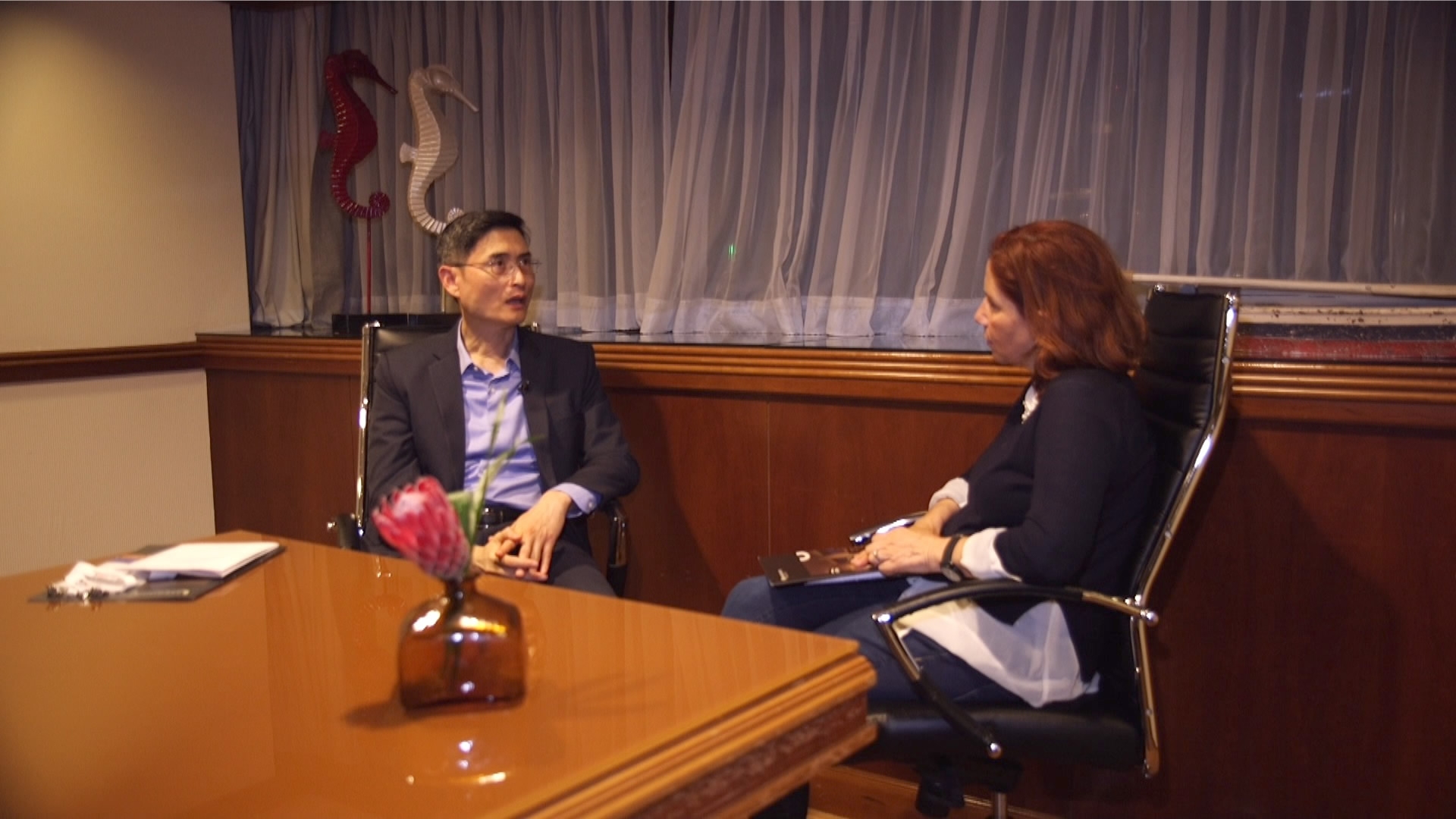
Health
19:59, 04-Apr-2018
Boao Forum focus: China eyes breakthrough cancer treatment
By Stephanie Freid

A cancer therapy without debilitating side effects, multiple surgeries and high costs; an immune-boosting therapy that targets tumors while signaling cells to recognize recurring cancer and attack it.
It’s a therapy scientists at Alpha Tau Medical and physicians in Israel say they’ve developed. Doctors in China are working with China’s government to use the treatment in clinical trials with patients.
Alpha radiation therapy: How it works
Alpha radiation cancer treatment is a break from conventional gamma and beta radiation therapy. It is rarely used in cancer treatment because it is considered not sufficiently penetrative.
The treatment differs from conventional radiation in a few ways. Less radioactive material is introduced into the body, more pinpointed applications mean less healthy tissue is damaged during treatment and because of the concentrated treatment, fewer applications are needed.

Physicians conducting alpha radiation therapy for a patient. /CGTN Photo
Physicians conducting alpha radiation therapy for a patient. /CGTN Photo
“It’s like a cluster bomb that instead of exploding at a given point, it released small bombs which go to large distances and explode over there,” Itzhak Kelson, Chief Physics Officer, Alpha Tau Medical.
Treatment involves injecting Alpha soaked “seeds” or needles into tumor sites. They are either extracted later or left in the treatment site. Alpha radiation half life, the time it takes for half the radioactive material to disintegrate, is four days. Conventional radiation half lives are between 17 and 60 days.
Cancer: China’s No.1 killer
Shanghai’s Jiahui International Cancer Center’s Executive Director Dr. Chien-Shing Chen told CGTN that cancer is the No.1 medical condition in China.
Dr. Chen wants to bring Alpha Tau treatment to China’s cancer patients, because he sees it as an effective way of cutting medical costs and enabling treatment for villagers living in outlying areas where treatment may not be available.

CGTN interviews Dr. Chien-Shing Chen, Shanghai’s Jiahui International Cancer Center’s Executive Director. /CGTN Photo
CGTN interviews Dr. Chien-Shing Chen, Shanghai’s Jiahui International Cancer Center’s Executive Director. /CGTN Photo
“As medical practitioners, we are constantly looking for something that we have a sense that this can potentially be very useful for our patient population,” Dr. Chien-Shing Chen, Executive Director, Shanghai International Cancer Center.
Preliminary trials: 80 percent success rate
In preliminary trials, doctors achieved an 80 percent success rate. Clinical trials at several of the world’s top cancer treatment facilities will start at the end of 2018.
Dr. Chen told CGTN he is closely liaising with China’s government in an effort to conduct clinical trials in China.

SITEMAP
Copyright © 2018 CGTN. Beijing ICP prepared NO.16065310-3
Copyright © 2018 CGTN. Beijing ICP prepared NO.16065310-3